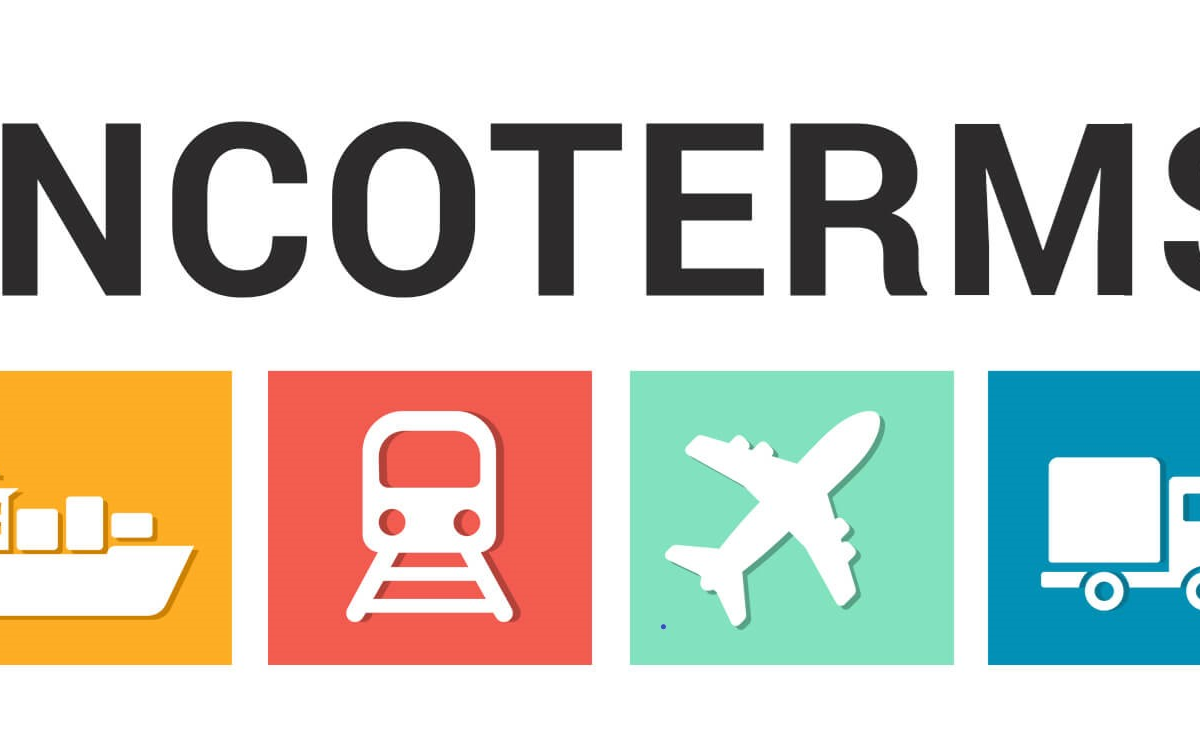This article is written by Austin Garcia
July 31, 2024, the Office of the U.S. Trade Representative (USTR) is currently in the process of reviewing public comments regarding proposed modifications to the Section 301 actions against China. This review is part of an ongoing effort to address issues related to technology transfer, intellectual property, and innovation practices by China.
On May 28, 2024, the USTR proposed several modifications to the existing Section 301 actions. These actions were initially implemented to counteract China’s unfair trade practices, which include forced technology transfer and intellectual property theft. The proposed changes aim to further protect U.S. economic interests and ensure fair trade practices.
In response to the May 28 notice, the USTR received over 1,100 comments from various stakeholders, including businesses, industry groups, and individuals. These comments are being carefully reviewed in consultation with the Section 301 committee, a body that includes experts from various government agencies.
The proposed tariff increases for this year include raising tariffs on battery parts (non-lithium-ion batteries) and lithium-ion electric vehicle batteries from 7.5 percent to 25 percent, electric vehicles from 25 percent to 100 percent, other critical minerals from 0 to 25 percent, face masks and respirators from 0-7.5 percent to 25 percent, ship-to-shore cranes from 0 to 25 percent, solar cells (whether or not assembled into modules) from 25 percent to 50 percent, steel and aluminum products from 0-7.5 percent to 25 percent, and syringes and needles from 0 to 50 percent.
“AstraZeneca, a leading pharmaceutical company, faces geopolitical challenges due to the US-China trade landscape. To mitigate risks, the company diversifies supply chains and invests in new manufacturing sites in Ireland, China, and Maryland, ensuring stable medicine supply.”
The USTR received over 1,100 comments on its proposal and is continuing to review them and expects to issue its final determination in August 2024. Once the final decision is made public, the proposed modifications are anticipated to take effect approximately two weeks later. These changes are expected to have significant implications for U.S.-China trade relations and could impact various sectors of the economy. Additionally, the USTR’s May proposal recommended an exclusion process limited to machinery used in domestic manufacturing, temporary exclusions for certain solar manufacturing equipment, allocating additional funds to U.S. Customs and Border Protection for greater enforcement of Section 301 tariffs, enhancing collaboration between private companies and government authorities to combat state-sponsored technology theft, and continuing to assess approaches to support supply chain diversification and resilience.
The review process is comprehensive, taking into account the effectiveness of the current measures and the potential impact of the proposed changes. The USTR is committed to ensuring that any modifications will enhance the protection of U.S. intellectual property and promote fair competition.
The ongoing review by the USTR highlights the importance of public participation in shaping trade policies. As the final determination approaches, stakeholders are keenly awaiting the outcome, which will play a crucial role in the future of U.S.-China trade relations.
Here at TradeFlex we provide business model analysis, manufacturing management strategies, duty tariff optimization , compliance management, regulatory consultation, duty reduction programs, supply chain and tariff engineering, and cross-border solutions. With over 30 years of expertise, we help businesses land softly in Mexico, ensuring efficient, compliant, and cost-effective cross-border operations. Come work with us today at https://trade-flex.com.



